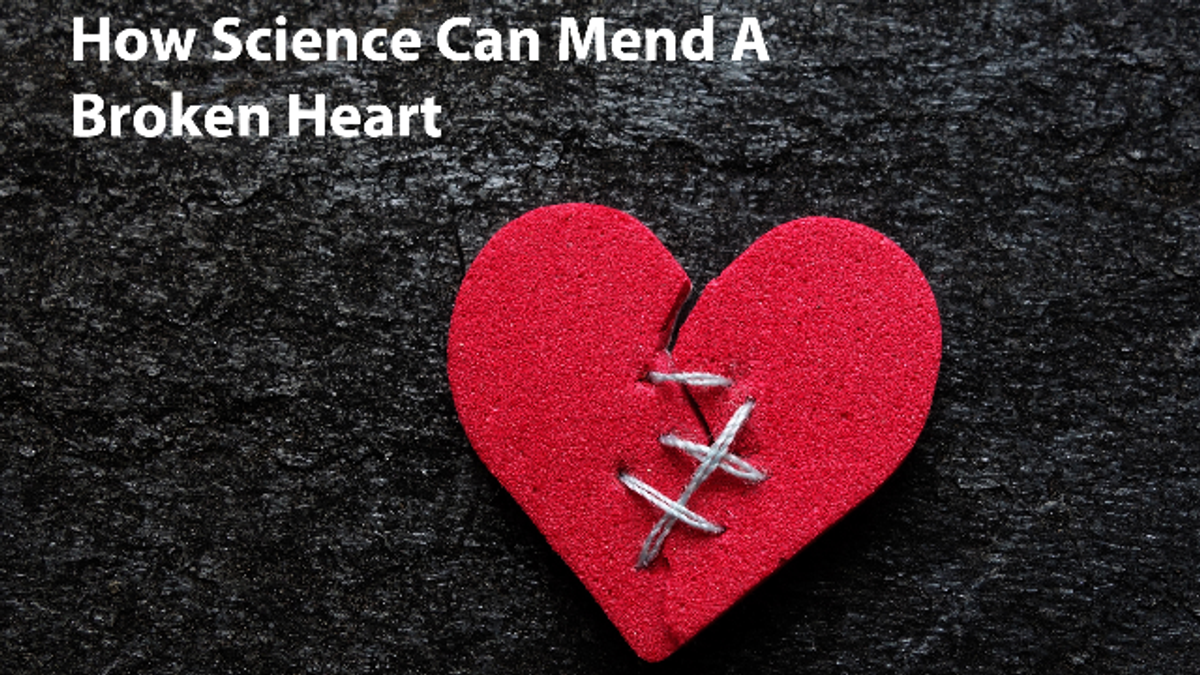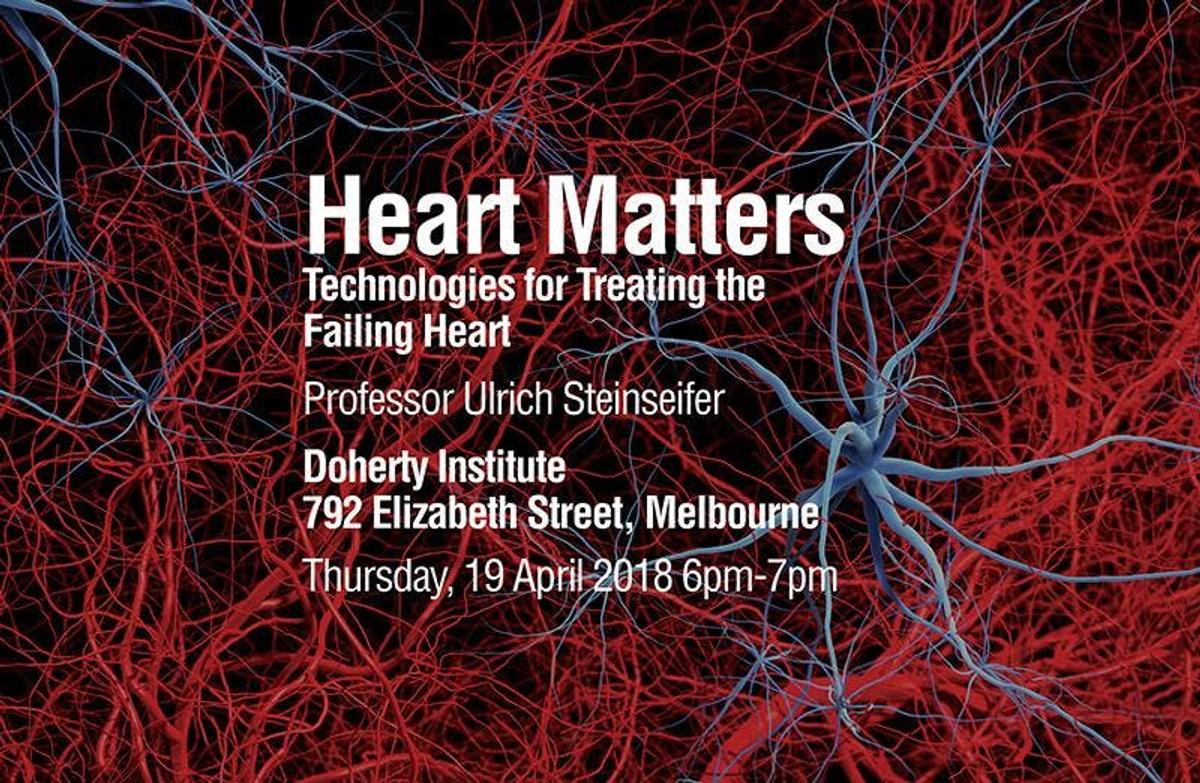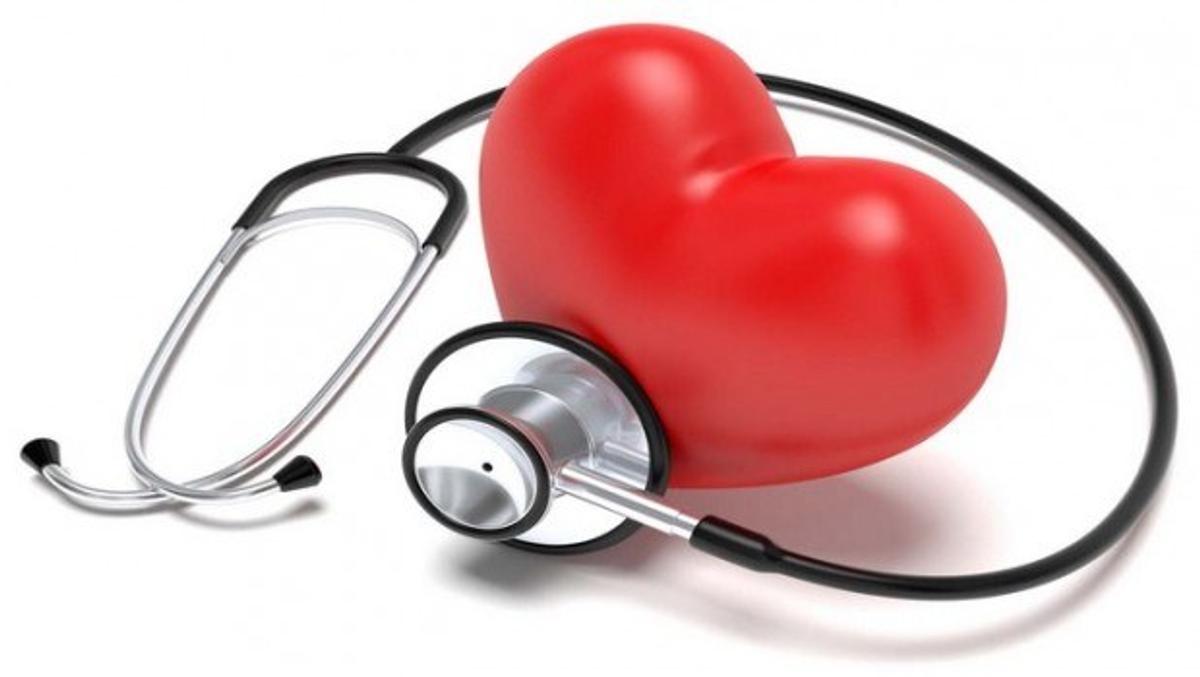Science News

Heart Matters - Technologies for Treating the Failing Heart
Cardiovascular diseases claim more than 17 million lives a year and will remain a global threat as the population grows and people age. It is even expected that by 2030, almost 24 million people will die from CVDs, mainly heart disease and stroke.
Recently, a few Nossal students attended a lecture run by the Convergence Science Network - Heart Matters - Technologies for Treating the Failing Heart.
We heard from Professor Ulrich Steinseifer who is a Professor of Medical Engineering. His primary research focuses on artificial organs, particularly on heart and lung support and replacement systems, as well as devices for structural heart disease therapies. To my surprise, he hadn’t wanted to be in science from the beginning, but instead had hoped for a career as a soccer player. He drifted into mechanical engineering in the 1980’s.
Professor Steinseifer explained that numerous treatment options are available for cardiovascular diseases, from effective and inexpensive medication to complex surgical procedures requiring medical devices; such as stents, cardiac assist devices, heart valve prostheses, or even complete artificial hearts.
Through his lecture, we were exposed to some of the major challenges related to their development and application. We also came to understand the ways in which the pumps and valves that go into a body are constantly evolving as new surfaces are produced and as electronics get smaller.
I was amazed by how far the advancements of these medical devices have come. It is encouraging to see that such work has been occurring for so long.
The future looks promising as we see exponential advances in science and technology, which are sure to revolutionise the practice of medicine. Excitingly, advancements in nanotechnology could soon result in achieving minimally invasive, low-cost medical devices. These could have an immense impact on the wellbeing of patients.
Alongside research into treatment, preventative measures should also be emphasised for CVD’s. We must also consider other issues that stem from cardiovascular diseases, such as the affordability and accessibility of treatments to people across age, social and geographical boundaries. It through the deliberation of these concerns that we see the value of uniting science with the humanities.
Riya Rajesh
Year 11




